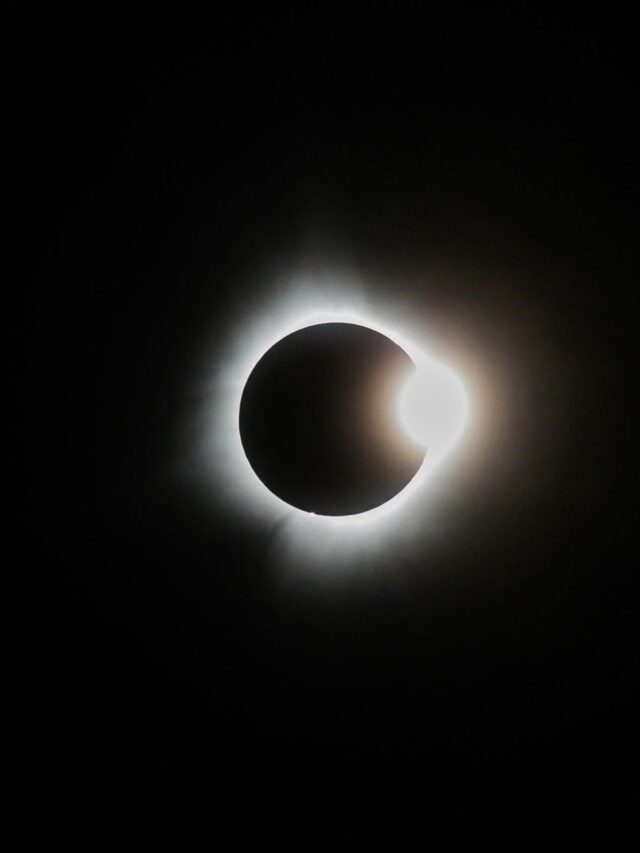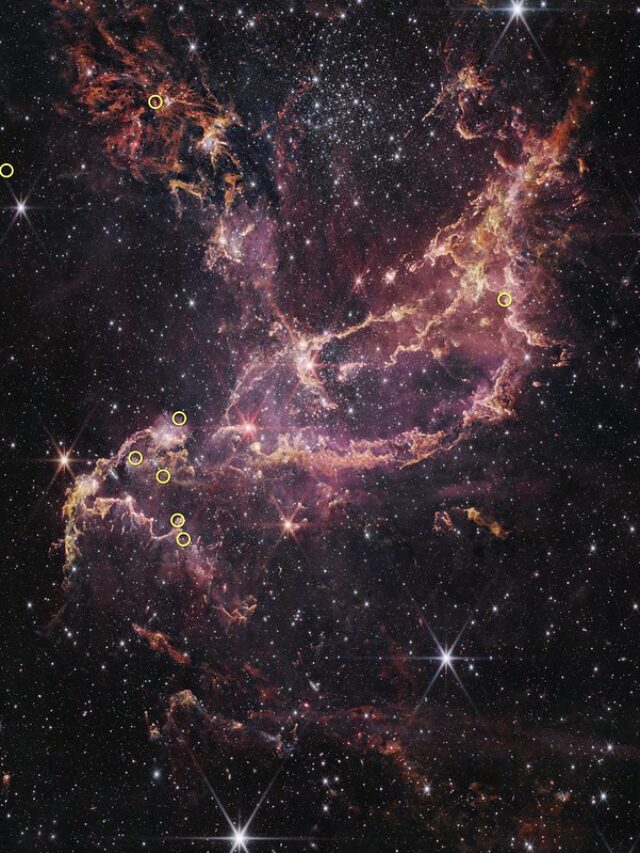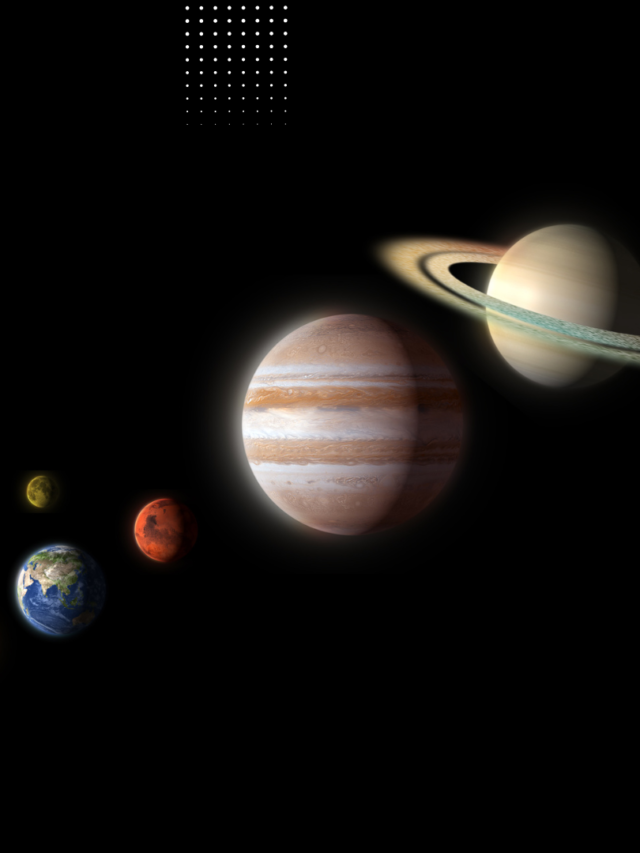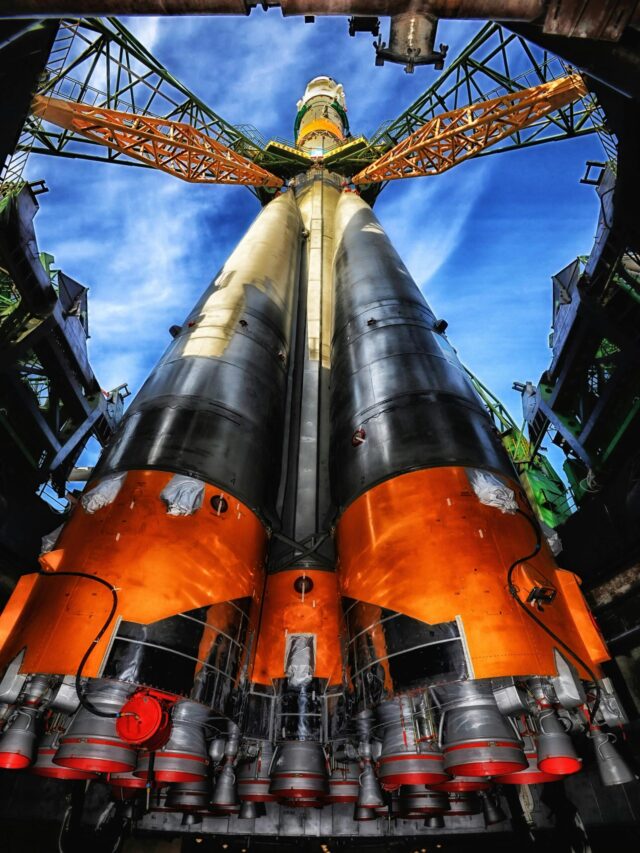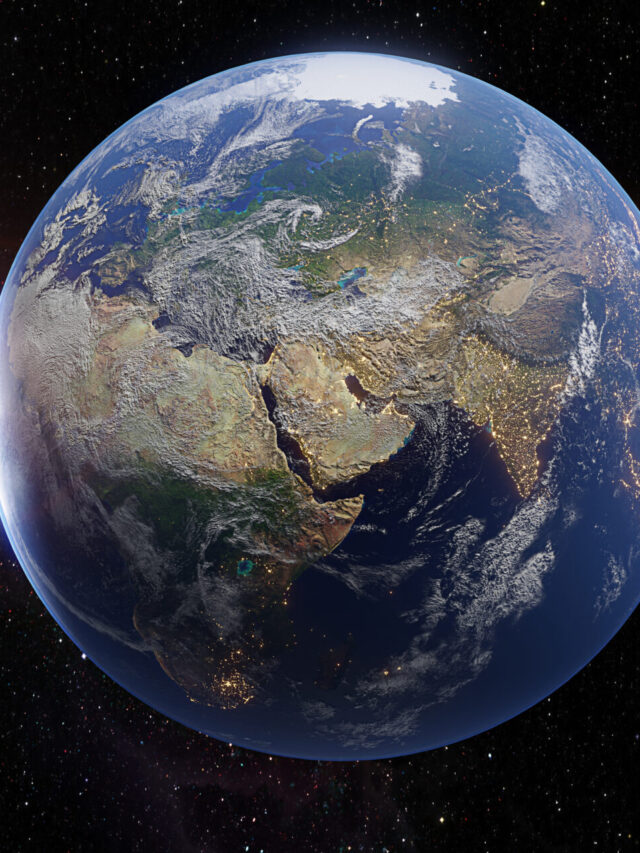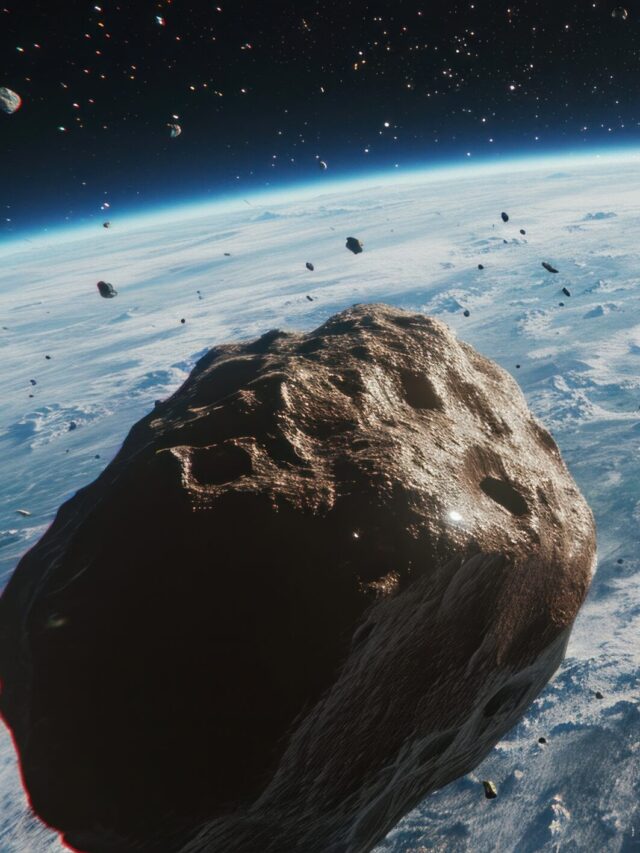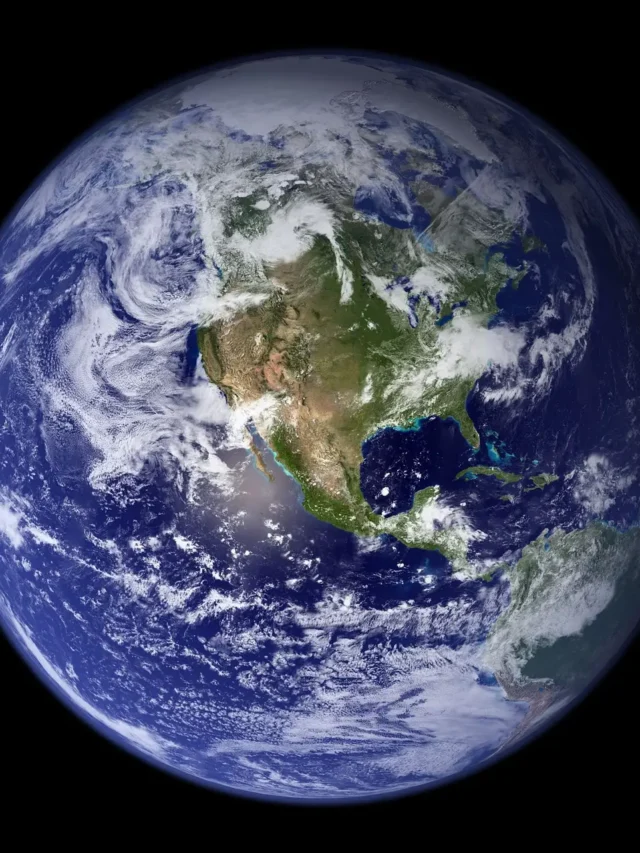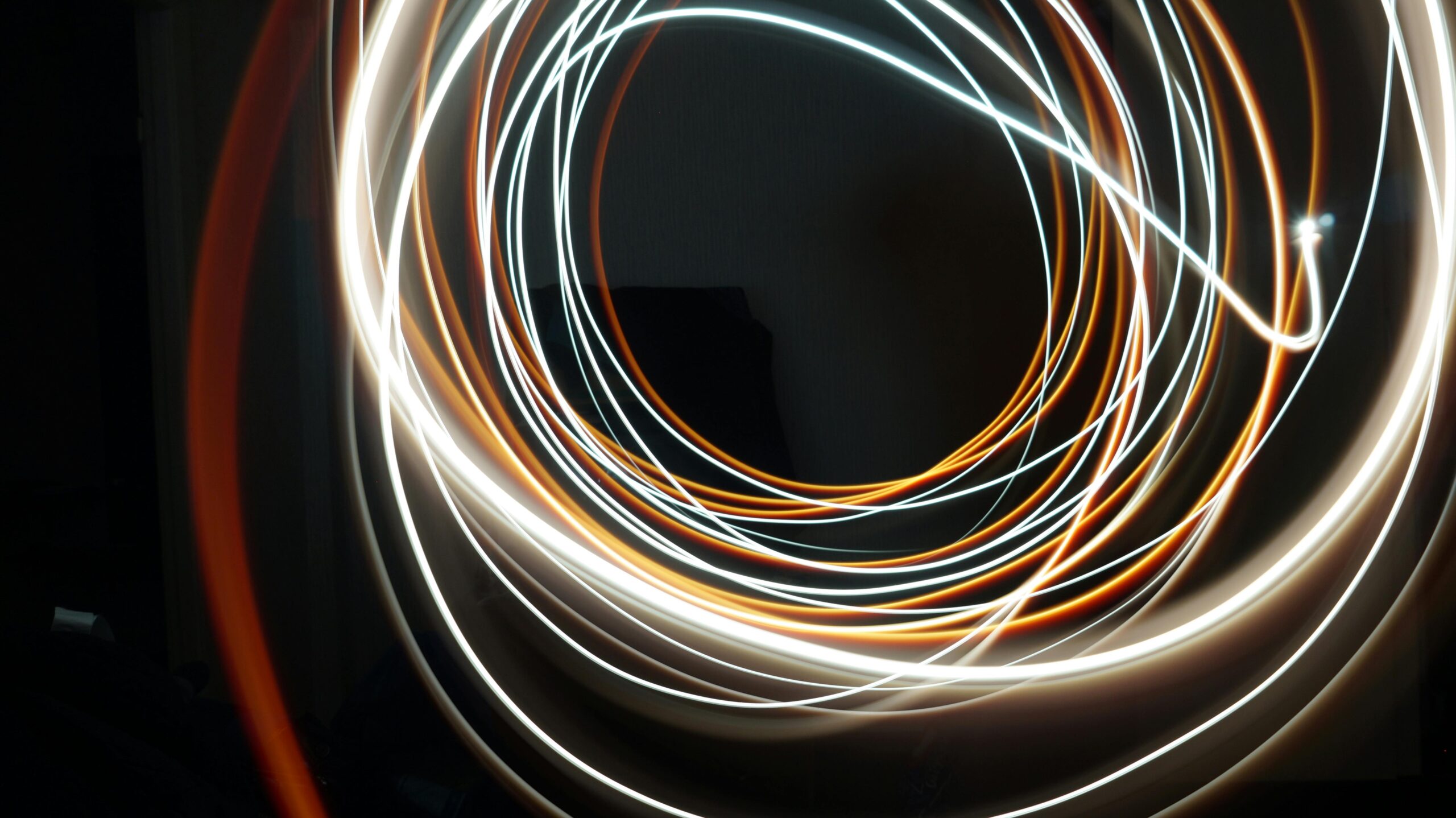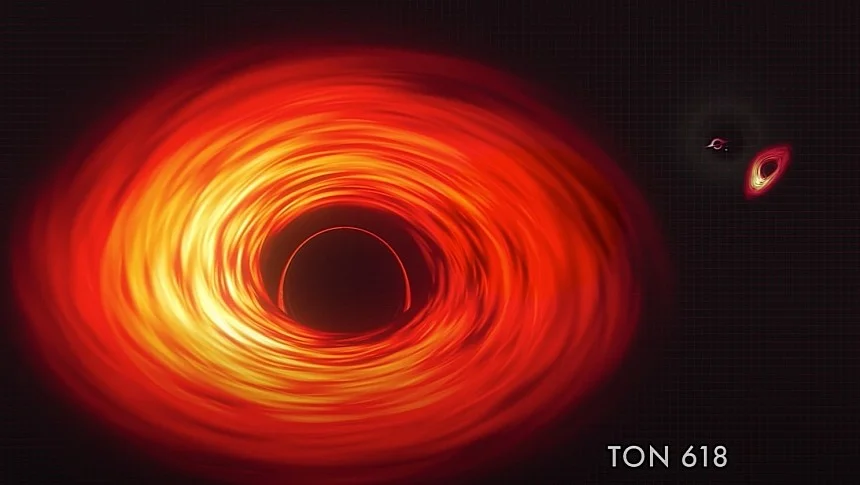🌠 Introduction
What is Faster Than Speed of Light? Imagine a cosmic speed limit that even the fastest things in the universe can’t break—well, that’s the speed of light for you. For years, this barrier has been the holy grail of physics, defining the upper limit for anything trying to zoom through the universe. But… is it really the fastest thing out there? What if we told you there are a few mind-blowing concepts that challenge this universal law?
Let’s dive into the mysterious world of light, what it is, how fast it goes, and whether anything can ever outpace it.
🔦 What is Light?

🌈 The Nature of Light
Light is electromagnetic radiation that’s visible to the human eye. But it’s not just limited to what we see—it’s just a tiny slice of a much broader electromagnetic spectrum. It behaves both like a wave and a particle, which is wild if you think about it.
⚛️ Wave-Particle Duality
This weird behavior is known as wave-particle duality. Sometimes light acts like a ripple through space (wave), and other times like little packets called photons. This dual nature makes light one of the most unique entities in physics.
📶 Light in the Electromagnetic Spectrum

The EM spectrum includes:
-
Radio waves
-
Microwaves
-
Infrared
-
Visible light
-
Ultraviolet
-
X-rays
-
Gamma rays
All of these are forms of light, just at different wavelengths and frequencies.
🚀 Speed of Light – The Cosmic Speed Limit

📏 How Fast is Light?
Light travels at approximately 299,792 kilometers per second (186,282 miles per second) in a vacuum. That’s fast enough to circle the Earth over 7 times in one second!
🌊 The Speed of Light in Different Mediums
Light slows down when it passes through mediums like water or glass. That’s why straws look bent in a glass of water—thanks to refraction.
🧠 Light and Einstein’s Theory of Relativity
Einstein’s special relativity says nothing with mass can move at or beyond the speed of light. As you approach that speed, your mass becomes infinite, and time dilates (slows down). So… game over? Maybe not.
💡 Can Anything Go Faster Than Light?

🧬 The Scientific Consensus
Right now, mainstream physics says no—nothing can exceed light speed in a vacuum. But that doesn’t stop scientists from exploring weird exceptions.
⚖️ The Problem of Infinite Mass
If an object with mass could hit light speed, it would require infinite energy—and that’s a major problem. We just don’t have that kind of juice.
⏳ The Time Dilation Effect
As you go faster, time for you slows down relative to an outside observer. At light speed? Time would stop entirely. Mind. Blown.
READ MORE:Age of Earth Water?
👽 Hypothetical Particles and Phenomena

📡 Tachyons – Faster-Than-Light Particles
These are theoretical particles that always move faster than light. But there’s zero evidence they exist. Still, they’re a fun thought experiment.
🔗 Quantum Entanglement – Spooky Action at a Distance
Two particles can be “entangled,” meaning the state of one affects the other instantly—even light-years apart. But this doesn’t transmit information, so it doesn’t break the speed limit. Still creepy, though.
🌀 Wormholes – Space-Time Shortcuts
A wormhole is like a tunnel through space-time, theoretically allowing faster-than-light travel without actually breaking the light speed barrier. Sounds cool, but we haven’t found one yet.
🚀 Warp Drives – Star Trek to Science Desk
NASA has looked into something called the Alcubierre Drive, which bends space around a ship. The ship itself doesn’t go faster than light—but space does the moving. Like surfing a wave.
🧪 Speed Limits in the Quantum World

🎲 Quantum Tunneling
Particles can sometimes “tunnel” through barriers instantly, making it seem like they’ve teleported. Some say it hints at FTL behavior, but again—it doesn’t allow for faster communication.
🔍 Casimir Effect
In tiny quantum vacuums, light-speed restrictions get fuzzy. Some theorists believe these phenomena could one day point to FTL tech—though we’re not there yet.
🔬 Neutrinos and the CERN Controversy

⚠️ The 2011 Neutrino Scare
Back in 2011, scientists at CERN thought they had detected neutrinos traveling faster than light. The world went bananas.
🧯 Why It Was a False Alarm
Turns out, it was a loose fiber optic cable messing with the results. So no, neutrinos didn’t rewrite physics that day.
🛑 Can Light Be Slowed Down or Stopped?
🐌 Slowing Light in Labs
In some experiments, light has been slowed to just 17 meters per second in super-cold atomic gases. That’s slower than a car!
💾 Light Storage in Quantum Computing
Some researchers have even stopped light temporarily, which is huge for data processing and encryption in quantum tech.
🧠 Philosophical and Theoretical Speculations
🧭 Is the Speed of Light Constant Everywhere?
Some theories suggest the speed of light might have been different in the early universe. If true, this could change our understanding of cosmology entirely.
🌌 Multiverse and Other Dimensions
In higher dimensions or alternate universes, light speed might not even be the limit. Sounds like sci-fi—but some top physicists think it’s possible.
🛸 Future of Faster-Than-Light Travel
🔧 NASA’s Warp Drive Research
NASA’s Eagleworks lab is actively testing warp drive theories. The math sort of works, but we’re far from building one.
⚡ Limitations and Energy Concerns
Even if warp drives are real, the energy required might be more than the mass of Jupiter. So yeah… not happening tomorrow.
🎯 Conclusion
The speed of light is one of nature’s most impressive speed limits, but that doesn’t mean the story ends there. From mind-bending quantum phenomena to wild sci-fi concepts slowly creeping into real labs, we’re constantly pushing the boundaries of what’s possible. Who knows? By 2100, we might not just ask what’s faster than light—we might be riding it.
❓FAQs
1. Has anything been proven to travel faster than light?
Nope. Despite some wild theories and controversial experiments, nothing has been proven to exceed light speed.
2. What is the fastest thing after light?
Probably gravitational waves, which also travel at the speed of light. Among particles, neutrinos are incredibly fast, but still under light speed.
3. Can humans ever travel faster than light?
Not with our current understanding of physics. But if warp drives or wormholes become real, maybe one day.
4. Does light always travel at the same speed?
Only in a vacuum. It slows down in materials like glass or water.
5. Is quantum entanglement faster than light?
It appears to be instant, but it doesn’t transmit usable information—so it doesn’t violate the cosmic speed limit.
